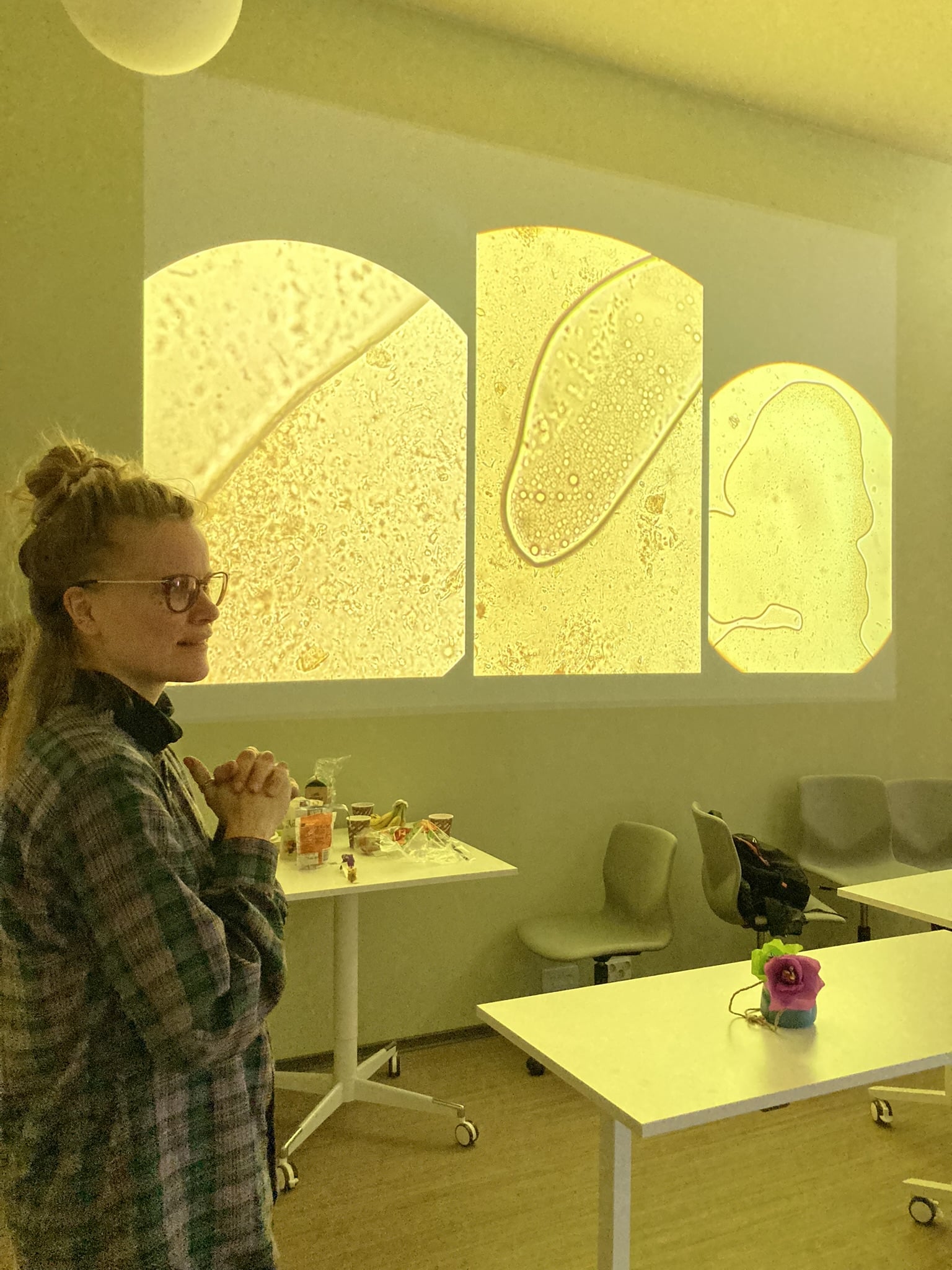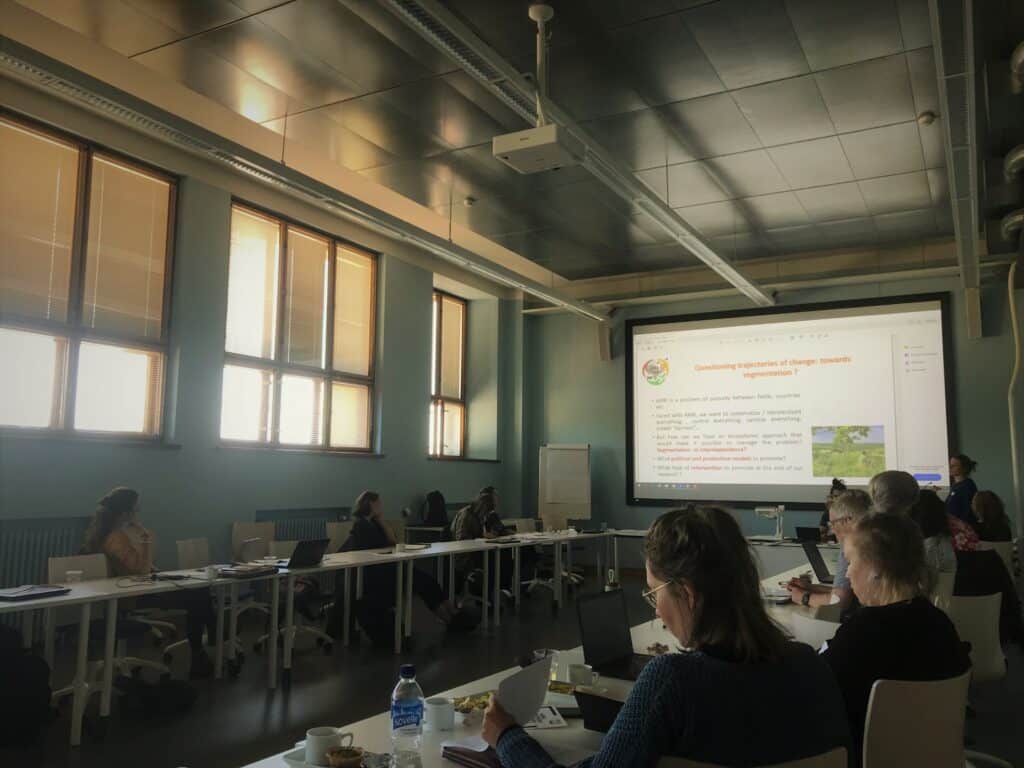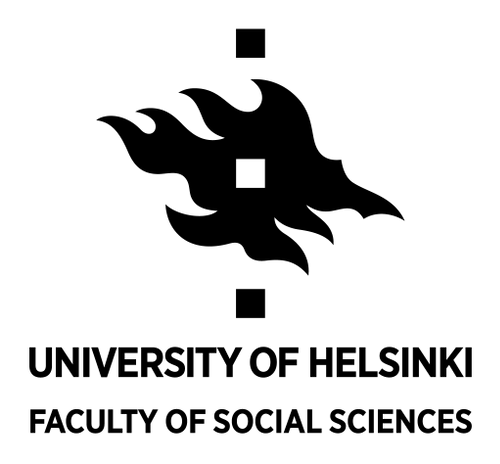The first half of 2023 has wrapped up at the CSSM, so we thought we’d pause for a moment and take stock of the Center’s activities before we continue after summer break. Looking back at the winter/spring and early summer, we can’t help but feel a little astonished — did all of this really take place? Where did the time go?? We swear we only just blinked! But indeed, it’s rather easy to view the past as a series of discrete events that can be counted up, and a rather different perspective than the lived experience of time. Nonetheless, counting up events as though they are discrete is one good way to communicate and share them! So without further ado, we present here a selection of the activities (though not the day-to-day work that went into pursuing these activities and that kept our schedules full!) in which CSSM participated, hosted, organized, funded, and more.
CSSM Series, Seminars, Workshops, and Meetings
Reading Groups and Ethics Meetings
Reading groups are a regular CSSM activity (and open to anyone interested!), and so far this year we were honored to host Roberta Raffaeta for an impromptu reading group, as well as Matthew Wolf-Meyer for a pre-reading of his exciting upcoming work. We also read Ghassan Hage’s Decay as part of the May CSSM day (below). In May, we met Timothy Gitzen who visited Helsinki and got in contact with us to have a vital discussion about viruses. Ethics meetings are another recurring CSSM activity initiated by Tiia Sudenkaarne. This spring we had two of them, one on ‘the ultimate sacrifice’.
The Cross-Pollination Seminar

This Series is a way to bring together members and visitors from various backgrounds in search of original, diverse ideas for sharing. It allows CSSM members and fellows a space to gather and discuss article drafts, data sessions, or host visitor presentations. This spring CSSM Fellow Aman Asif developed a spirulina workshop based on her PhD project, ranging its histories, health hype, and commercial and at home applications, and included a baking and eating session with spirulina. Alicia Ng presented an in progress article that we hope you’ll be able to read soon, while another spring Fellow, Santiago Kaderian, mused over the field of STS as he sees it, and Maya Hey discussed her plans for a working book proposal. Finally, Matti Pohjonen came around to peak our interest in the emergence of AI tools like ChatGPT, resulting in a CSSM-produced Zine, When Microbes AI Take(s) Over. This mini collaborative project took ChatGPT to task as CSSM members poked and prodded the tool to see what it was, and was not, capable of. You can have a look at the AI Zine by following this link here.
Theory production seminar
This was jointly organized with practice theory scholars Elizabeth Shove and Stanley Blue from Lancaster University, U.K. and Helsinki University, and sought to bring together social theory with microbes together with practice theory. After two intense days of activities and discussions, some tentative plans for writing collaborations were born, as well as an initiative to develop a CSSM-led beekeeping project, Keeping with Bees, with an eye to unifying the theory-practice diad.
CSSM Day
Held in May, CSSM Day sees CSSM members come together for meetings, reflections, and planning sessions about past and future CSSM activities. This time around we convened the reading group (Ghassan Hage’s Decay), got a sneak-peek at the work of our Artist-in-Residence Oona Leinovirtanen (more below), and socialized over food and drinks.
A-I-R (Artist in Residence)

A-I-R Oona Leinovirtanen’s held a CSSM workshop on her Microbial Whispers project activities: during the spring various CSSM members participated in the video art project Microbimpro. Participants gave microbial samples from body parts and fluids, fermented concoctions, from soils, and these were filmed through a microscope and rendered into a audio/video collage. Oona led us through “gut feeling” movement exercises, and some members participated in having the filmed microbial samples projected on their skin. All of these activities offered new varied ways of thinking and doing with microbes.
Nordic Network meeting in Copenhagen

Many CSSM members took part in the January installment of the Nordic Network for the Social Study of Microbes meeting, which took place in Copenhagen at Medical Museion hosted by our network partners Louise Whiteley and Adam Bencard. Convened as a workshop over two days, the workshop is part of a series aiming to develop a wide-reaching sociology of microbes; restructuring terminology, theory, method, and communication in order to expand without abandoning traditional anthropocentric commitments.
The workshop included keynotes by Josh Evans and Louise Whiteley, inspirational talks on the topic of collaboration by predominantly junior network members, small group and plenum discussions about the constraints, conundrums, and communication hacks that keep the gears of collaboration turning, and an artistic installation performance Sensing Holobiont: Flavourful Rituals for Metabolic Companions by artist-duo Baum & Leahy that invited us to try different foods and sense our holobionts as one way to contribute to the development of a ‘speculative lexicon for the microbial social’.
Conference panel at STS Graz
Maya Hey and Alicia Ng co-chaired a panel on Microbes in, for, around Food Systems at the STS Graz conference in May. The panel was about how microbes tangle up with humans in and around food systems, and what this means (or not) for multispecies flourishing, sustaining, and sustainability. CSSM members Salla Sariola and Andrea Butcher took part in presenting their papers. Salla presented a paper on curd fermentation in northeast India and its movement from being an indigenous food to a laboratory object to a patented consumable. Andrea co-presented a paper with Carine Baxerres and Anastasia Seferiadis on alternative pathways in antimicrobial resistance (AMR) management in food production. Katarina Kolarova presented on personalized probiotic technologies in terms of embodiment and connection with one’s gut along relational lines beyond just commodified and individualized ways of knowing.
CSSM external seminar in Prague

Four CSSM members (Faidon, Maya, Santiago, and Will) traveled to Prague where Tereza Stöckelová, Kateřina Kolářová, Lukáš Senft, and Varvara Borisova—based at Charles University and the Institute of Sociology of the Czech Academy of Sciences—hosted a three-day workshop called “Co/Sense and Re/Create: Joint Inquiry into Gardening Microbiomes and Migrating Holobionts”. The workshop created a unique, creative and convivial space by focusing on arts-based methods (creative writing, audio and visual arts methods), and fermented foods (kimchi, miso, and even watermelon!) in a surreal urban garden and art studio, helping to inspire new modes of thinking and jumpstarting future collaborative works across institutions.
Workshop on Antimicrobial Resistance (AMR)

The CSSM’s SoSAMiRe group (Social Study of Antimicrobial Resistance: Health Care, Animals, and Ethics), which takes as its premise that AMR is a biosocial phenomenon, organized the project’s closing workshop Living With AMR in May. Andrea Butcher brought together social science and humanities specialists to share stories and methods of living with AMR from their research: Adelaïde Compaore, Anastasia Seferiadis, Carine Baxerres, Catherine Will, Clare Chandler and Luechai Sringernyuang, Jose Cañada, Kevin Sintondji, Mariette Aïkpe, Stephen Hinchliffe, and Tiia Sudenkaarne among many others. The exchange included discussions and planning for future directions in social science, humanities, and interdisciplinary AMR research together.


